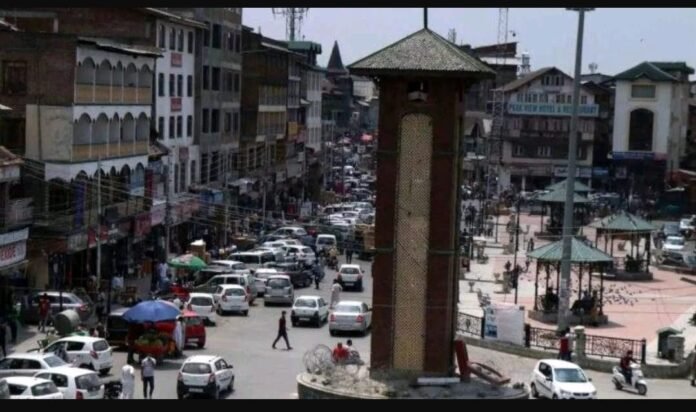New Delhi:
As the Supreme Court prepares for a crucial hearing, the Central Government has staunchly defended its decision to revoke Article 370, emphasizing the transformative changes witnessed in the union territory of Jammu and Kashmir.
In a firm response, the government presented a compelling case, outlining the positive impact resulting from the scrapping of Article 370, which had provided special status to Jammu and Kashmir. This historic move, undertaken on August 5, 2019, paved the way for the complete integration of the region into the Indian Union.
With the Supreme Court set to evaluate the constitutional validity of this decision, the government articulated the substantial improvements that have been observed in Jammu and Kashmir since the abrogation of Article 370. These developments have brought about a significant shift in the socio-economic landscape of the region.
The government highlighted the following key aspects in its defense:
- Socio-economic Progress: The scrapping of Article 370 has opened up opportunities for accelerated socio-economic development in Jammu and Kashmir. The region has witnessed increased investments, infrastructure development, and job creation, which have contributed to enhancing the quality of life for its residents.
- Strengthening Democratic Institutions: The integration of Jammu and Kashmir has bolstered democratic institutions, ensuring that residents now enjoy the same rights and benefits as citizens in other parts of India. This move has paved the way for increased political participation, representation, and empowerment of the local population.
- Security and Stability: The revocation of Article 370 has played a crucial role in improving security and stability in Jammu and Kashmir. The government’s efforts to combat terrorism and insurgency have yielded positive results, leading to a decline in violence and fostering an environment conducive to peace and progress.
- Socio-cultural Integration: The integration of Jammu and Kashmir has facilitated greater socio-cultural exchange between the region and the rest of India. It has fostered a sense of national unity and harmony, promoting inclusivity and strengthening the bond between different communities.
- Access to Welfare Schemes: By extending central welfare schemes and benefits to Jammu and Kashmir, the government has ensured that residents have access to a wide range of welfare measures. This has enabled them to avail opportunities in education, healthcare, and social security, fostering an environment of equitable growth.
As the case unfolds in the Supreme Court, the government’s strong defense of the decision to revoke Article 370 underscores its commitment to the welfare and progress of Jammu and Kashmir. The transformative changes witnessed in the region are being presented as evidence of the positive impact of this historic decision, aiming to establish its constitutional validity.
